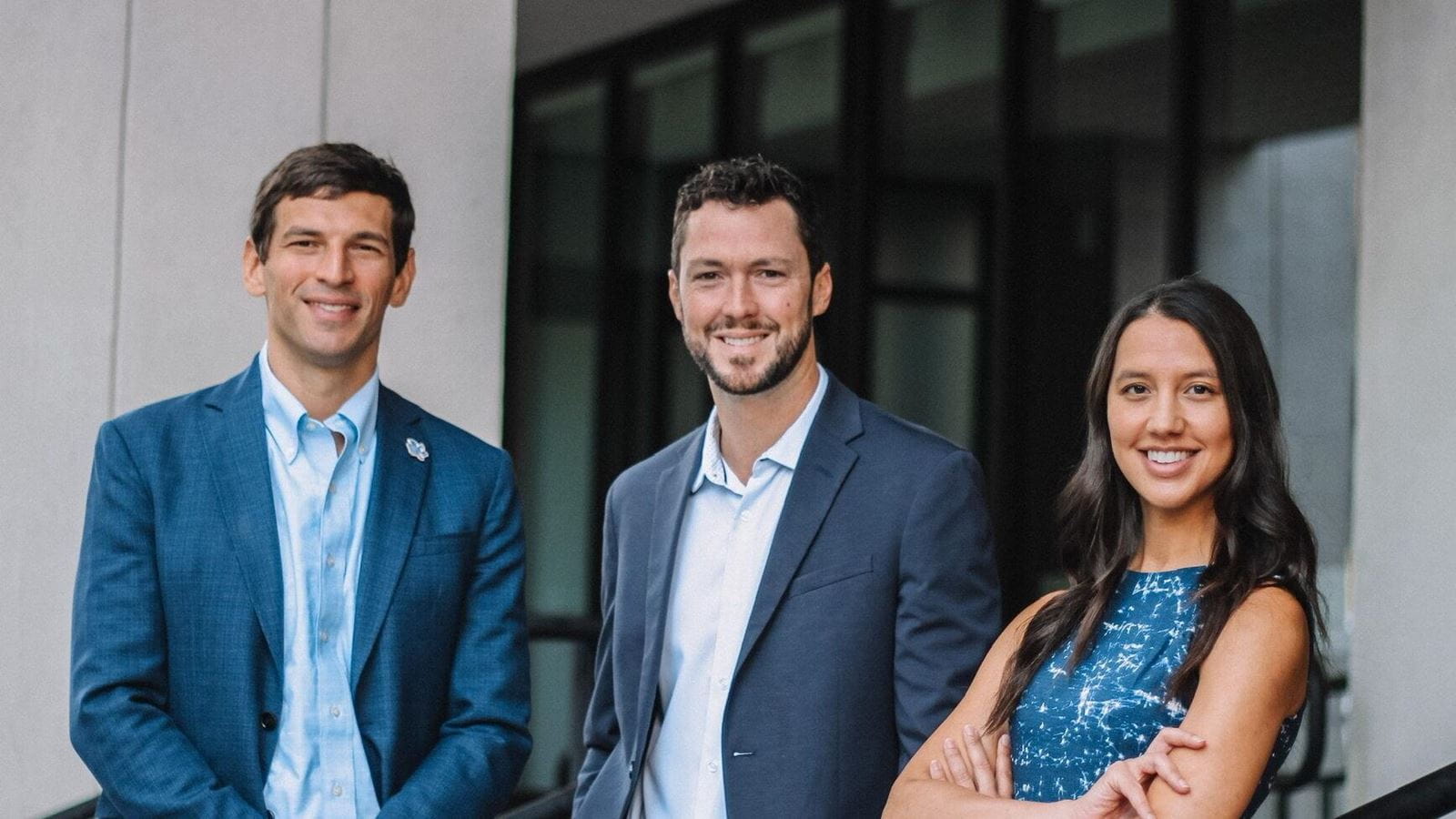Most rare conditions lack even a single, approved treatment, but Dr. David Fajgenbaum, the physician-researcher who found his own cure to a life-threatening rare disease, believes artificial intelligence can supercharge the research needed to find more of them. These elusive treatments may be hiding in plain sight in the form of existing, already-approved medicines that could be repurposed, according to Fajgenbaum and the cofounders of his nonprofit research organization Every Cure.
The U.S. Advanced Research Projects Agency for Health (ARPA-H) recently endorsed that hypothesis by announcing a three-year $48 million contract with Every Cure to develop an AI-powered platform called MATRIX (ML/AI-enabled Therapeutic Repurposing In eXtended uses).The “ML” stands for machine learning.
“This funding comes at a pivotal time, allowing us to scale our approach across diseases to pioneer new treatments for millions of people around the world without options,” Fajgenbaum said when the award was announced in White House ceremony.

Fajgenbaum’s rare condition, Castleman disease, nearly destroyed his health and withered the former Georgetown University quarterback into a sickly young man in a hospital bed. But after beating life-threatening complications, Fajgenbaum went to work looking for a potential treatment. He found one and says an existing, approved medicine saved his life and put him in remission. He wrote a book about the experience and gained national attention.
Listen to a podcast CSL did in 2020 with Fajgenbaum, who is Every Cure’s president and an associate professor of Medicine in Translational Medicine & Human Genetics at the University of Pennsylvania.
Every Cure’s AI work will build upon the Biomedical Data Translator created by the National Center for Advancing Translational Sciences (NCATS). Instead of looking at diagnoses based on symptoms, Translator looks for molecular and cellular characterizations of disease, like cell pathology. It takes biomedical data from different sources and creates knowledge models, enabling various biomedical and health care datasets to be searched and compared.
As part of the U.S.-funded research, Every Cure will:
- Develop an open-source medicine repurposing database.
- Establish a portal for physicians, researchers and patients to contribute repurposing ideas.
- Publicly release predictive efficacy scores for all medicines against all diseases.
- Select numerous medicines for advancement to address neglected diseases in neglected populations.
“Rather than the current, one-step-at-a-time drug discovery process, we have an opportunity to use artificial intelligence to rapidly understand how already-approved drugs could be effective against other diseases,” said Renee Wegrzyn, Director of ARPA-H.
ARPA-H was created to fund health care projects – including rare disease research – that traditionally struggles to get funding. Working with already approved products means that Every Cure’s approach could deliver quick progress and cut years off the Food and Drug Administration (FDA) approval process, Wegrzyn said. Existing treatments have already been researched for safety as part of the clinical trial process. Launching a new medicine, from development to approval, can take 10 years or more.



